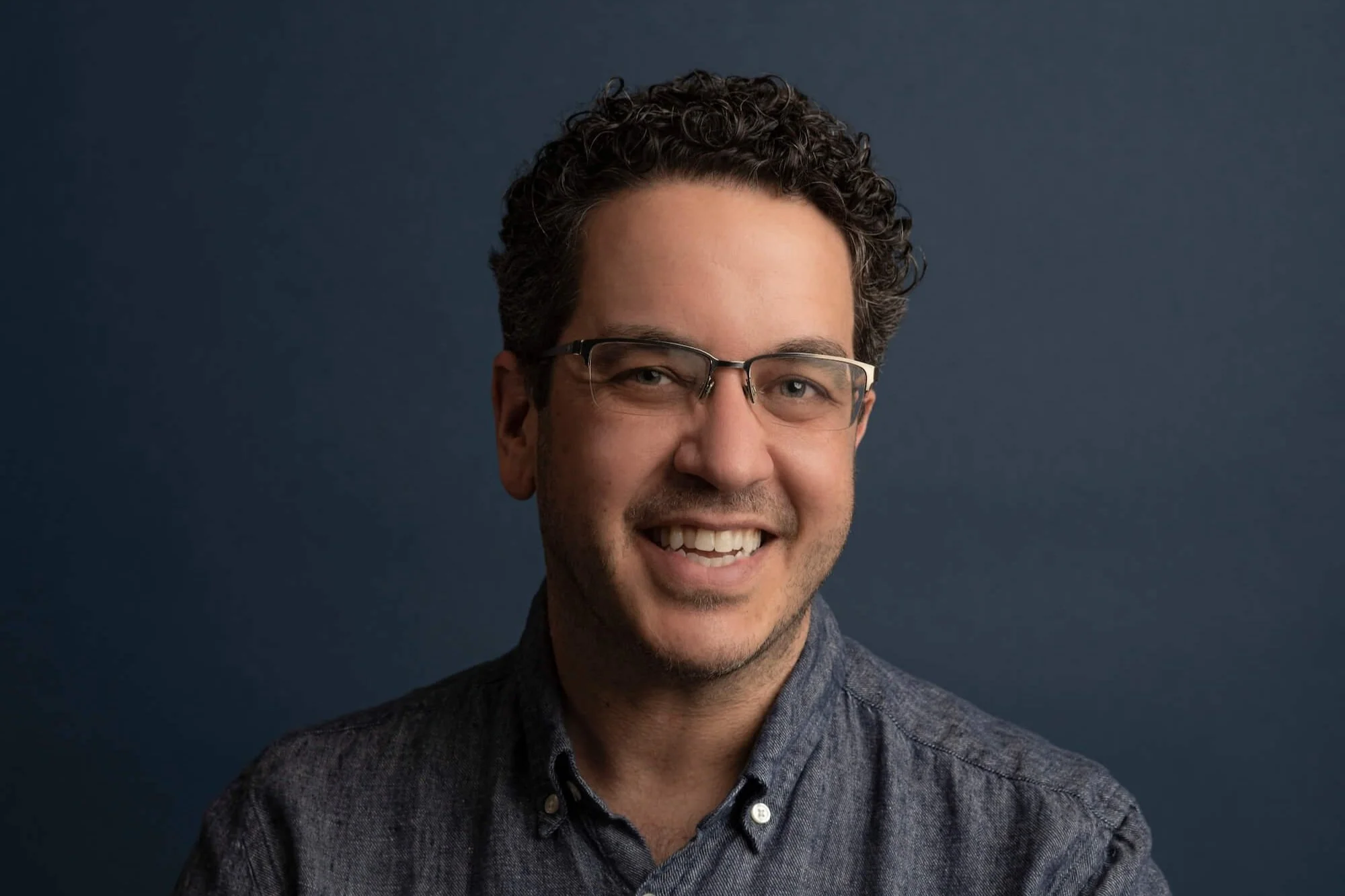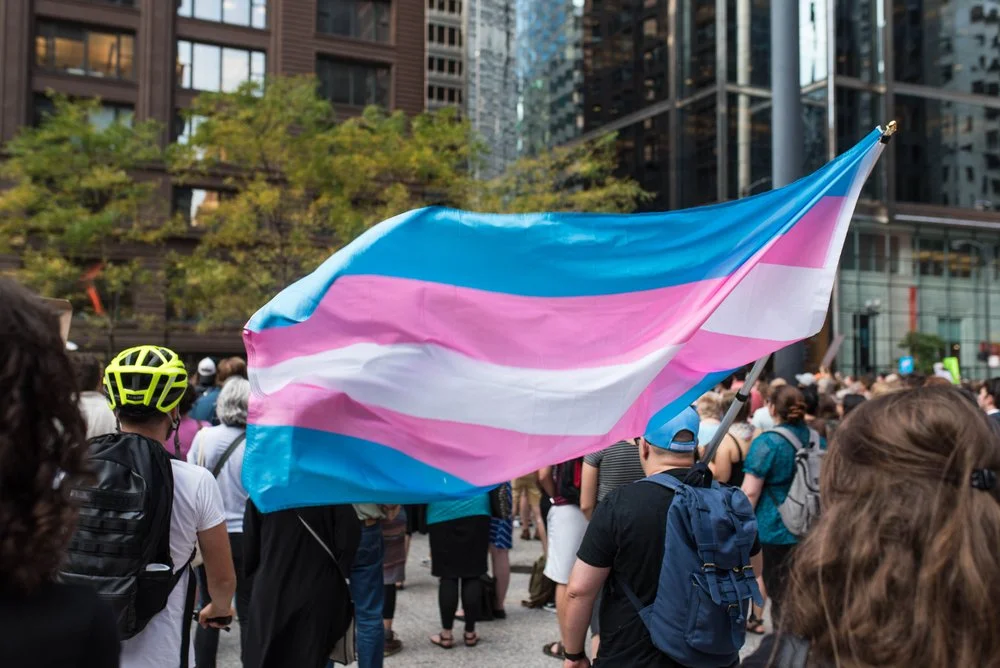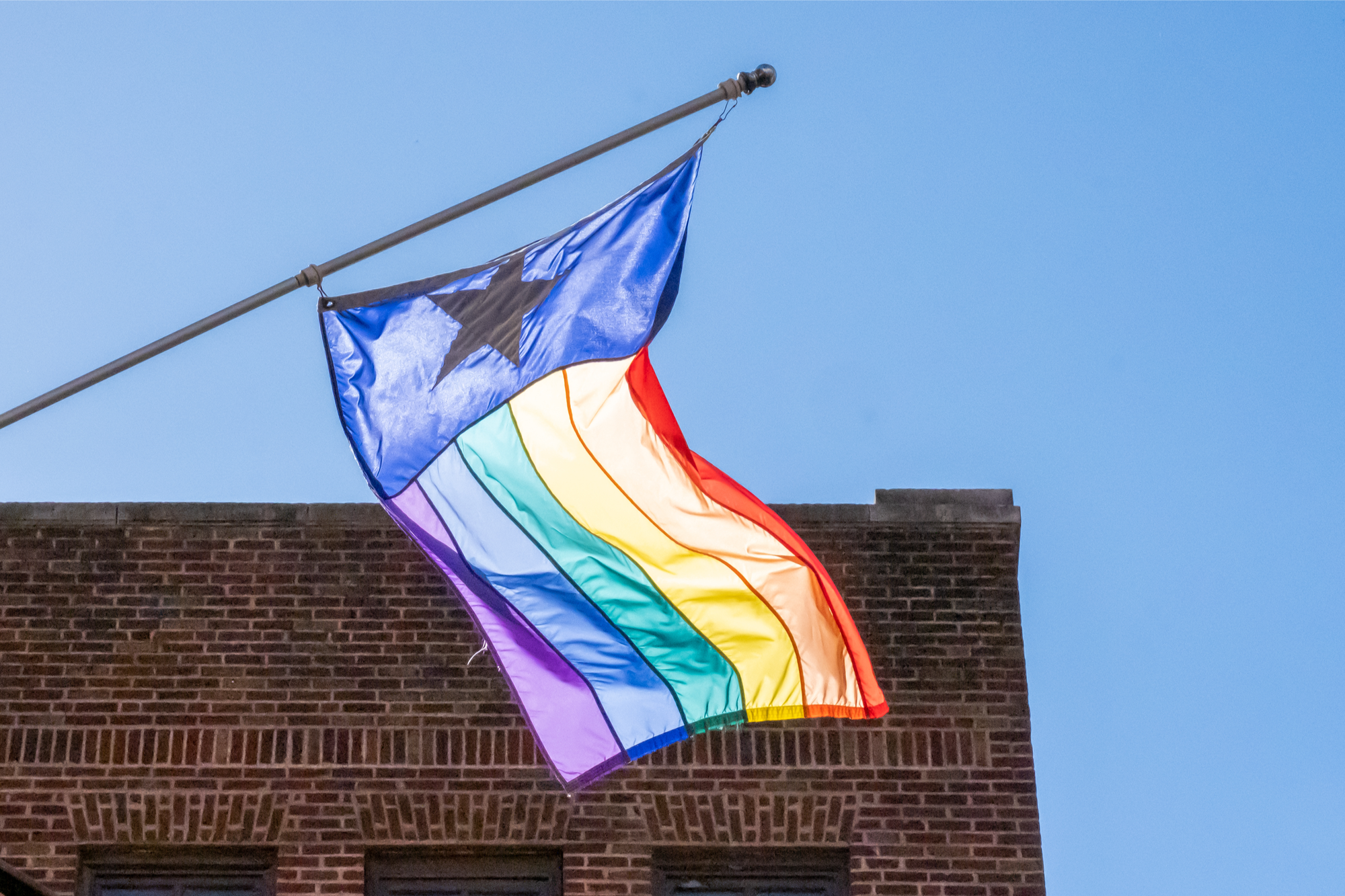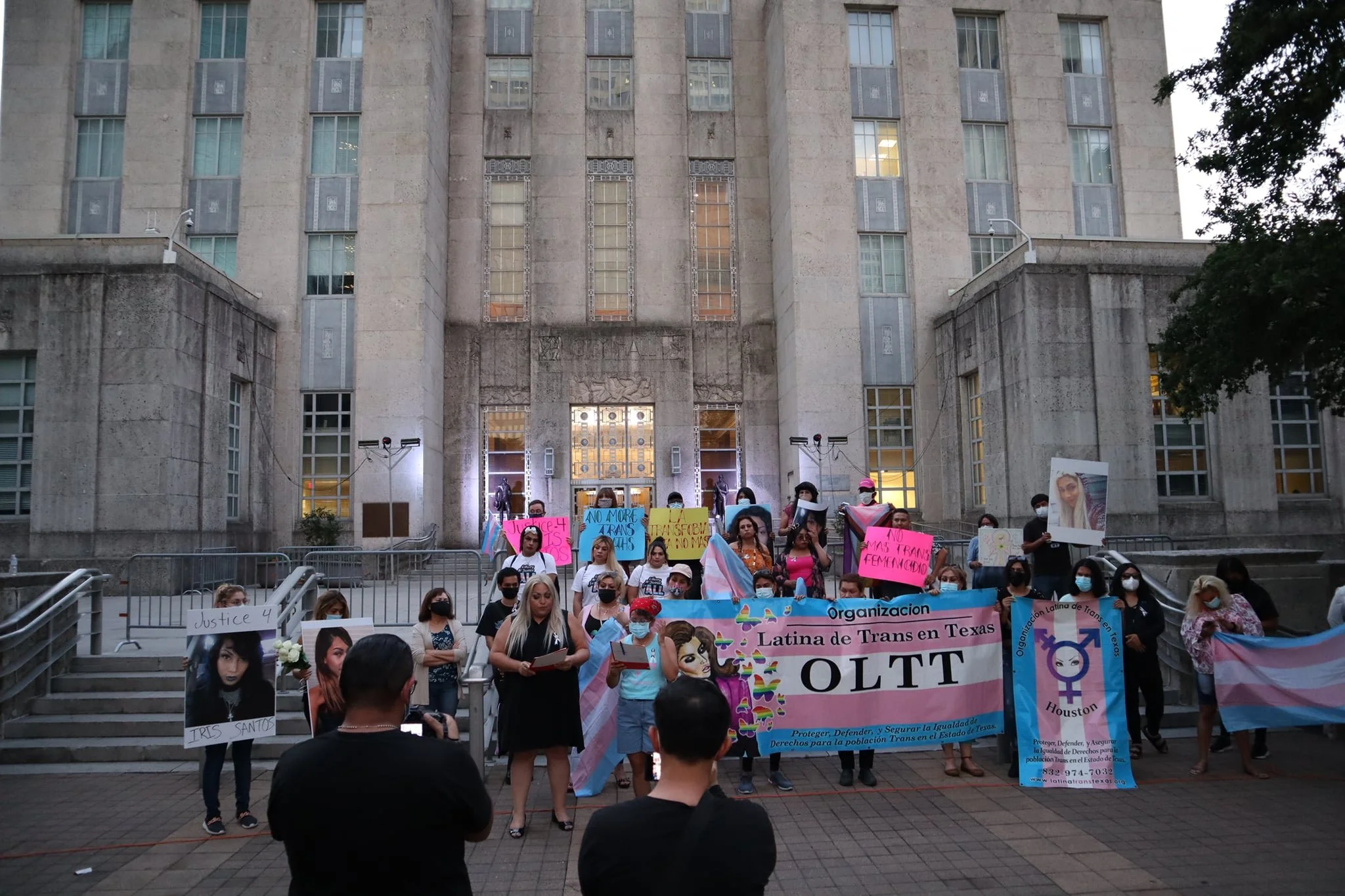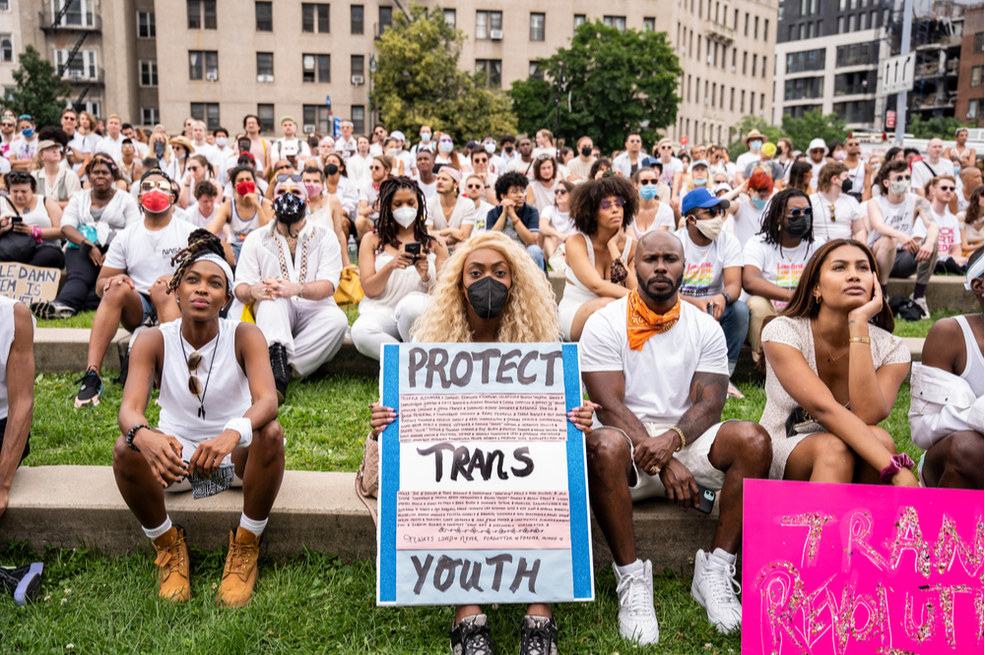We Want to Do Our Part: A Corporate Funder Steps up for Trans Communities
/nito/shutterstock
While data on the numbers and lives of trans people is limited, there are an estimated 1 million trans people in the U.S. who are “out.” Earlier in 2019, Grantmakers United for Trans Communities (GUTC), a Funders for LGBTQ Issues initiative, launched the GUTC Pledge, which called on donors to commit new money, attention and space to transgender communities and causes. More than 40 foundations have now signed.
The GUTC pledge launched around the same time Funders for LGBTQ Issues shared its latest philanthropic analysis. It found funding from U.S. foundations for LGBTQ causes reached a record $185.7 million in 2017, while giving for transgender communities grew to an unprecedented $22.6 million. But compared to total U.S. foundation giving of approximately $66.9 billion in 2017, we see a group that makes up at least 3 percent of the population receiving about 0.03 percent of funding. And trans communities continue to face serious challenges, including discrimination and violence, high rates of HIV/AIDS, poverty, and political attacks, among others.
Gilead Sciences is the California-based biopharmaceutical company behind the HIV infection-prevention drug Truvada. Gilead comes in second in worldwide HIV/AIDS funding behind the Bill and Melinda Gates Foundation, and was among the top five funders of U.S. LGBTQ issues in 2017. We recently reported on its work to address HIV/AIDS in the southern U.S. and its premiere standing among major corporate funders of LGBTQ causes. Gilead’s latest grantmaking focus is transgender communities. Its new TRANSCend Community Impact Fund is a multi-million-dollar philanthropic commitment to support trans-led groups that work to improve the safety, health and wellness of trans people.
To develop the TRANSCend fund, Gilead convened an advisory board of experts and community advocates from transgender advocacy and healthcare organizations. It used this group’s recommendations in developing the parameters of the new fund, which seeks to partner with and support groups led by transgender people. Korab Zuka, Gilead’s head of corporate grants, tells us it is also assembling an external review panel of national transgender leaders to carry out a form of participatory grantmaking: “They will be the ones that will actually score the application and the merit of who should get the funding.”
“It's critical that funders start to devote real resources to changing the conditions that trans people face, and it's just as critical that trans people are in leadership of these initiatives,” Sarah Gunther, Astraea Foundation director of philanthropic partnerships, says. Astraea is a major funder of LGBTQI communities.
What Will TRANSCend Fund?
The advisory board offered Gilead suggestions with several key advocacy priorities. They include economic empowerment, workforce and professional development, reproductive rights, research on trans issues, direct services, housing programs, and re-entry initiatives for formerly incarcerated individuals, along with other strategies. Trans-led and trauma-informed efforts are upheld as the preferred format within these programming areas. The board recommended Gilead support trans groups in these undertakings by funding their financial independence, professional development, capacity building and coalition building, as well as through rapid-response grants.
“Funders should trust trans-led organizations to know what’s best for transgender communities and provide them with the financial resources to implement professional development and leadership programs,” Aryah Lester, deputy director of the Transgender Strategy Center and a member of Gilead’s advisory board, said.
Gilead created three types of two-year grants within TRANSCend. The first type funds grantmaking partners, which will regrant funds to grassroots organizations with budgets of less than $250,000. Grantmaking partners can apply for up to $1,000,000. The second kind of grant, which is also for up to $1,000,000, funds capacity building partners. These are intermediary organizations that provide technical assistance and capacity building training and support to trans-led organizations. The third type of grant for up to $200,000 is for direct services grantees. Trans-led organizations with annual budgets that are $250,000 or higher are eligible, as long as the funding is not used for direct medical care. These groups may work in housing, re-entry, mental health services, leadership development and other areas highlighted by the advisory board.
Zuka says this is a prime time to support transgender communities for two main reasons: One is the “disproportionate impact of HIV in the transgender community… it’s important for us to show our support with communities that are disproportionately impacted by HIV, which is certainly the hallmark of Gilead and the company.” Another reason is the falling acceptance of LGBTQ individuals by millennials. LGBTQ media advocacy organization GLAAD’s recent Accelerating Acceptance Index showed a decrease in comfort levels among millennials with the LGBTQ community; a drop from 53 to 45 percent in the second consecutive yearly decline.
“We just want to do our part and show our support. Diversity and inclusion are [core values for] Gilead, and we're essentially putting our resources based on our value system, what we want to tell the world is important to us,” he says.
As GUTC project director Alexander Lee told Inside Philanthropy in April, this is an important time for philanthropy to “step up its support for trans communities” because “transgender people are under active attack by the Trump Administration, and scores of anti-transgender bills, many targeting transgender children, are moving their way through state legislatures right now.” On October 8, 2019, the U.S. Supreme Court heard arguments regarding whether Title VII of the Civil Rights Act of 1964 includes protection from employment discrimination based on gender identity or sexual orientation.
The Importance of Trans-Led Progress
Zuka says Gilead has heard from “talking to a lot of transgender leaders” across the country that funding trans-led groups “is really important,” in part because transgender communities face widespread “stigma and discrimination.” A 2018 Human Rights Campaign Foundation report points to six areas wherein trans people are often denied opportunity and prevented full societal participation: legal identification, education, employment, healthcare and social services, criminal justice systems, and the types of barriers faced by immigrants, asylum seekers, and refugees. The report states these limiting experiences put trans people at higher risk of poverty, health problems, violence and other difficulties. At least 18 transgender people have already been killed in the U.S. in 2019.
“The number of victims could be even higher due to underreporting, and better data collection by law enforcement is needed to create strategies that will prevent anti-transgender violence,” said American Medical Association (AMA) board member Dr. S. Bobby Mukkamala. Police reports sometimes misgender trans victims. In 2019, the AMA adopted a plan to direct attention to the “epidemic of violence against the transgender community,” especially against trans people of color.
“I want us to live in a world where we don’t have to worry about walking out of our front doors and being killed because someone doesn’t understand who we are,” said Mariah Moore, a Transgender Law Center program assistant, to the New York Times.
Because trans people face so many challenges in society, Zuka says it is “important that [members of the trans community see] themselves in the leaders of an organization… they are more likely to seek services and to feel welcomed” by trans-led organizations. He says “organizations that are trans-led [are] most likely to really understand and prioritize the needs of the transgender community.”
Desirée Flores, U.S. social justice program director of the Arcus Foundation, also upholds the importance of trans-led change. Arcus was the top giver to U.S. trans communities between 2015 and 2016, and the top LGBTQ funder overall in 2016 and 2017. “[Any] effort led by and for individuals and communities that have been pushed to the margins benefits tremendously from the lived experience and insights of its architects, and is more likely to [effectively address] the root causes and systems underlying that community’s challenges,” she says.
And Gunther of Astraea says the current low level of funding for trans communities “severely [limits] trans groups’ abilities to make progress and [contributes to the] burnout and lack of sustainability of trans leaders… Every single funder should consider how supporting trans rights and funding trans-led organizations fits into their strategies, including by supporting trans groups directly and partnering with powerful trans-led funding initiatives like the Trans Justice Funding Project and the International Trans Fund.”



